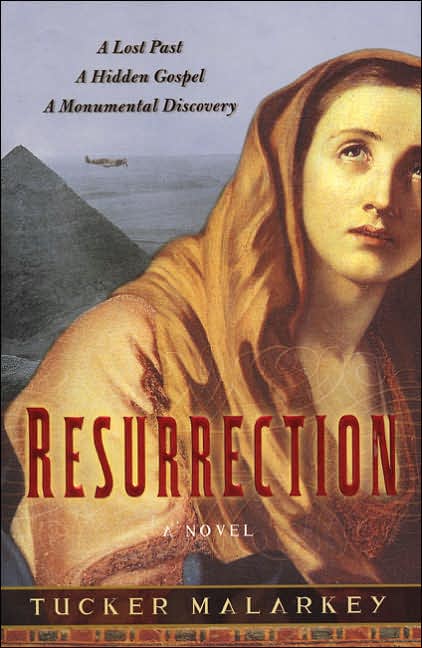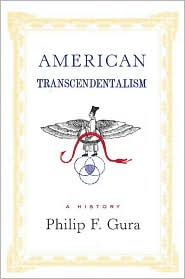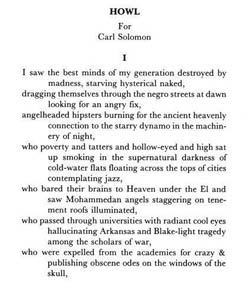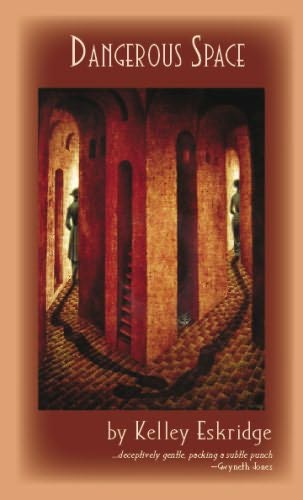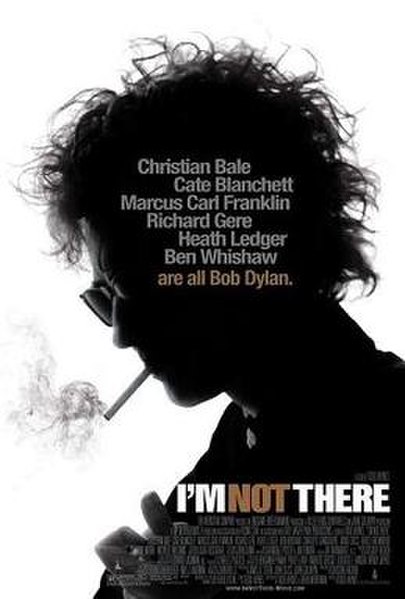(Courtesy of Claire Glasscock)
Piano Wire Puppeteers: The Constitution, Media & Dennis Kucinich
by Sean Penn
Common DreamsIt’s been an odd week. For me, a particularly odd week. But that’s another story. So, wait a minute. Iran DOESN’T have nuclear weapon capability??? So, who are we gonna bomb? I want to bomb somebody! Didn’t Senator Clinton just vote in essence to give President Bush the power to bomb Iran? If he had done it last week, would that have made her right? I mean, if she knew then what she knows now? Or am I getting that backward? Golly, I’m confused. And what about President Bush? This week, Vladimir Putin, the man Mr. Bush said he “Looked into the eyes of and found to be very straightforward and trustworthy.” So much so, he was “able to get a sense of his soul.” Well that soulful fella has just successfully coalesced the most dangerous power base in Russia since the Cold War amid rumors that include allegations he ordered the assassinations of journalists and imprisonment of noted proponents of freedom (Oops). Meanwhile, our President’s great enemy in Venezuela, Hugo Chavez, that “totalitarian,” “authoritarian,” “dictator,” that “mad man run amok,” somehow was unsuccessful in his bid for the constitutional reforms that would have allowed him to be repeatedly re-elected for life…Hmmm? Odd week, you know? Really. What happened to Chavez’s “strong-arming?” His “electoral corruption?” His alleged “gagging of the press?” How in the hell could he have lost? I’m sorry, did I miss something? How is it that this “Commie bastard” with 80% of his citizens having elected him in the first place was unable to prevail? Could it be that we’ve been lied to about him? I mean, Pat Robertson’s not a liar, is he? His god wouldn’t let that happen, would he? And god-forbid, our god would let the right-wing pundits, left-wing corporates, or our own administration send us a bill of goods!? Is it possible, I mean I know it’s silly, but is it just a little bit possible that President Chavez is in fact a defender of his people’s Constitution? That, that’s how his referendum could fail? And that that’s why he accepted it with such grace? A constitution which I have read several times. Quite a beautiful document, not dissimilar to our own. You might give it a read. Oh, I forgot - he’s a “drug runner.” Let me share something with you. Late one night in Caracas, I met with a couple of fellas, mercenaries I think you call them. Goddamit, I keep doing that. I mean “contractors.” They were Brits, their specialty: drug interdiction. These two were no great fans of Chavez. They called him “radical” and expected him to fall to an assassin’s bullet within the year. Like him or not, he had the cash to win their acceptance of his employ. And working alongside the Venezuelan military, these two, based in Caracas, had played the mountainous and jungled border between Columbia and Venezuela. A zone rife with paramilitaries, FARC guerillas, and mer…scratch that, contractors. What I was told that evening in Caracas by these piano wire puppeteers was that they had never worked for a government whose investment in drug interdiction was so genuine. “Yeah,” said one of the Brits, “I gotta give the bastard Chavez that.”But I was talking about the Constitution. Most importantly, our own. And what an odd week it has been. Our culture is engrained with a tradition that blurs the line between what is right, what is just and what is constitutional, with what is a scam. That tradition is the cult of personality. What can TV sell, what kind of crap will we buy. And at what point are we buying and selling our rights, our pride, our flag, our children, and succumbing to meaningless slogans that are ultimately pure titles for un-Americanism. How do we know what’s American and what is not? Because John Wayne tells us so? Because Sean Penn tells us so? Susan Sarandon? Bill O’Reilly? Michael Moore? Senator Bull? Or Senator Shit? Ann “my bowel expenditure” Coulter? No. It’s our Constitution. We don’t use it just to win. We depend on it because it’s the only “us” worth being. And because it’s our children’s inheritance from our shared forefathers and the traditions that really do speak best of our country.
So, here’s the question. We got Iowa coming up, we got New Hampshire right on its ass. Do we sell it for electability? If Hitler were the only candidate, would voting for him be most American? Jump on a plane with me. Okay, we’re over the Middle East now…Let’s land. Take a deep breath.
Imagine the bodies, burned and mutilated, the concussive sounds of gunfire and explosives defining the last horrifying moments of the dying and the dead. Imagine the millions of refugees fleeing through the deserts of Iraq, the babies crying, and the stench of death in the air. Yuck. Let’s get back on the plane and head home.
Now, imagine American servicemen dead or broken, returning from a broken military to a silent casket or a broken veteran’s administration, to broken lives and broken businesses, broken wives, unspoken husbands, and devastated children. And what for? What have we gained? Al-Qaida recruitment is up. Terrorism is up. Quality of life is down in our country and around the world. While the rich continue to get richer and the poor, poorer and more numerous. And on the verge of recession, we are witnessing the dramatic disassembling of the middle class amidst a flood of foreclosures and unpayable debts. To Osama Bin Laden’s infinite delight, we have become a country of principle breakers rather than principle bearers. We are torturers and we too often, imprison only the weak. When our own administration chooses its bewilderingly un-American agenda (For the entitled people? By the entitled people?) over the Constitution in defining American values, principles, and law, Bin Laden laughs at the weakened sheep that we and our representatives have become. High crimes and misdemeanors? How about full-blown treason for the outing our own CIA operatives? How about full-blown treason for those who support this administration through media propaganda? While I’m not a proponent of the Death Penalty, existing law provides that the likes of Cheney, Bush, Rumsfeld and Rice, if found guilty, could have hoods thrown over their heads, their hands bound, facing a 12-man rifle corps executing death by firing squad. And our cowardly democratically dominated House and Senate can barely find one voice willing to propose so much as an impeachment. That one voice of a true American. That one voice of Congressman Dennis Kucinich. This is not going to be a sound bite. Not if I can help it. I’m torn. I’m torn between the conventional wisdom of what we all keep being told is electibility and the idealism that perhaps alone can live up to the challenges of our generation. Of the democrats running for President, only Congressman Dennis Kucinich’s candidacy is backed by a voting record of moral courage and a history of service to our country that has fully earned our support and our gratitude. And when I say support, I am not speaking to democrats alone, but rather to every American who would take the time on behalf of their children, our planet, and our soldiers to educate themselves on the Kucinich platform. In the recent debate among Democrats in Las Vegas, the candidates, one after the other, placed security ahead of human rights. Benjamin Franklin once said “Any society that would give up a little liberty to gain a little security will deserve neither and lose both.” Then, there was good ole Patrick Henry. Remember him? “Give me liberty, or give me death.” These were the real tough bastards. The real John Wayne’s. These are the traditions we should be serving. I found the debate infuriating, nearly an argument for fascism with few exceptions, key among them Dennis Kucinich. Of course as a strategic politician, Mrs. Clinton pulled out her set of Ginzu knives and dominated once again on “centrist” political strategy. In fending off attacks upon she, the front runner, she reminded the audience and her fellow candidates, “We are all Democrats.” Wolf Blitzer asked each candidate if they would support the other should they themselves not be the nominee. One after another, the answer, yes. One exception: Dennis Kucinich, who with the minimal time allotted him, once again rose up beyond the sound bite and put principal ahead of party; argued policy rather than politeness. He has been the dominant voice of integrity on issues of trade, labor, education, environment, health, civil liberties, and the one endlessly determined voice of peace. But is he too short? Does his haircut not appeal? Is he not loyal enough to a cowardly democratic platform? Does he not appeal to the cult of personality? And what if the answer is yes? What if Dennis Kucinich, the most deserving and noble of candidates, the most experienced in issues of policy and the least willing to play into the politics of personal power? What if we can’t elect a man simply on the basis of the best ideas, the most courage, and the most selfless service? What does it say about our country when we can’t rally the voices of the common good to support a man, like our troops, who would die for us, who would die for our constitution? Who, as mayor of Cleveland at the age of 31 stood up against contracts on his life. Three separate assassins whose intent was to kill him as he stood up for his constituency there. Nonetheless, he carries on. He continues to serve. I’ve been a supporter of Dennis Kucinich for several years. And I’ve been torn lately. I’ve been torn by the allure of “electability.” I began to invest some support in a very good man (one among Dennis’s opponents) who seems to be finding himself as a constitutional defender, but he’s not one yet. He is however, among those that we allow the media to distinguish as electable. But we’re talking about the Constitution here. We’re talking about our country. I have decided not to participate in proactive support on the basis of media distinctions. I have chosen to pledge my support to the singular, strongest and most proven representative of our constitutional mandate. Dennis Kucinich offers us a very singular opportunity as we share this minute of time on earth. We, the people. It is for us to determine what is electable. And here’s how simple it is: If we, those of us who truly believe in the Constitution of the United States of America, all of us, vote for Dennis Kucinich, he will be elected. Could we call him electable then? If so, America will stand taller than ever.
Let’s remind our friends in the social circles of New York and the highbrow winner-friendly and monied major cities that support Mrs. Clinton, that this is not Bill Clinton. For all the misgivings I have about our former President, he raised up friends and opposition alike, his great gift as a motivator of interest and activism, of self-education and participation was, on its own merits, a unique gift. But don’t underestimate personal agendas, those that initiated NAFTA, betrayed Haitian refugees and gay rights in the military within a minute of his own election. Don’t underestimate that part of him when he gives his wife the face of his talent. Don’t underestimate the damage her poisonous ambition can do to this country. We can’t wait for the benefit of hindsight to service the benefit of Mrs. Clinton’s career. Let’s raise up men and women of vision, of integrity, of belief in our principles. How exciting would that be to do? How good would that be for television? What if we turned this game around? Imagine watching on television, our country raising up a leader because he represents our Constitution. Yes, good things can be good TV. So, let’s give the Constitution another read, shall we? And then decide who its greatest defender would be. I suggest that Republicans, Independents, and Democrats alike will find that they know what’s really right in their hearts and minds.
–Sean Penn presented this on December 7th at 1:00pm in The Creative Arts Building, 1900 Holloway Avenue, San Francisco State University.
Link


